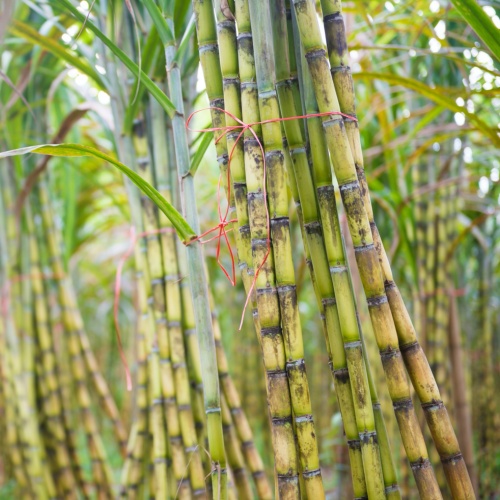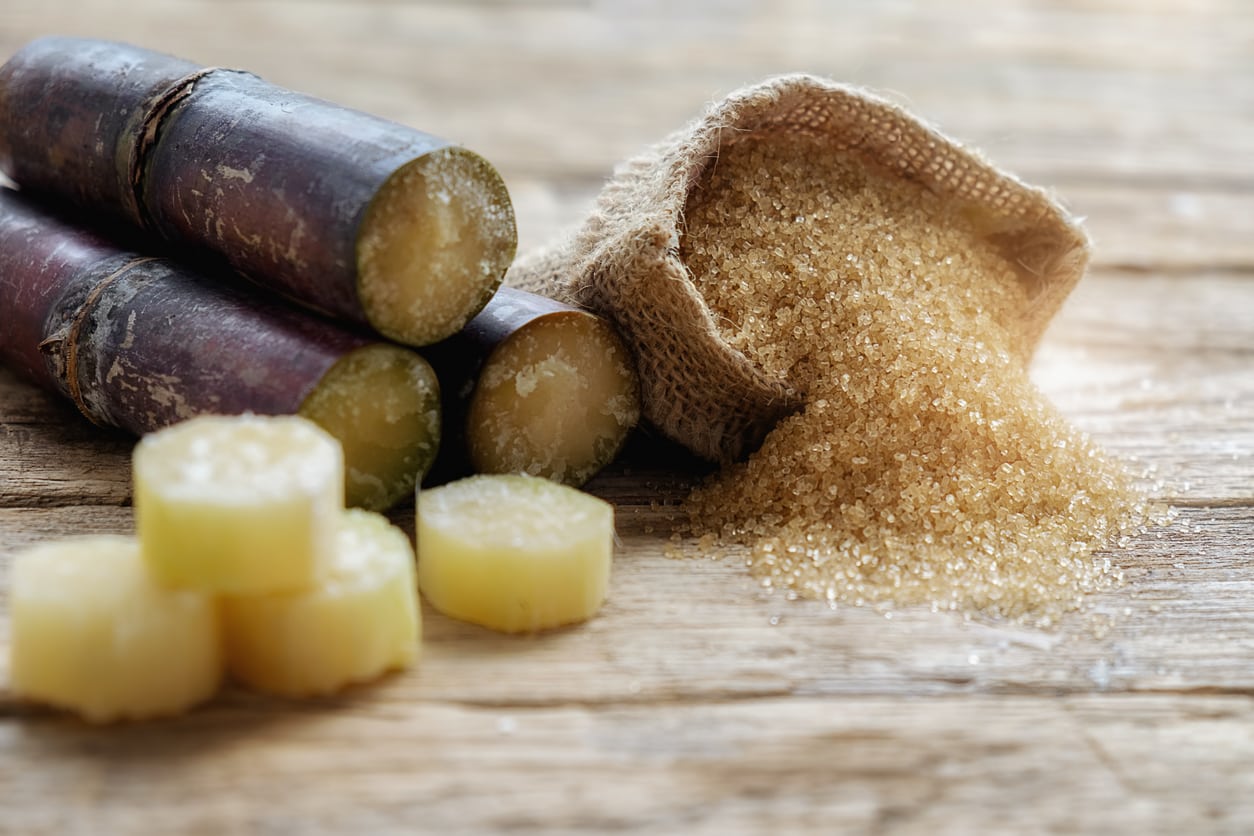Optimizing Sugar Production With Effective Cane Sugar Processing Chemicals
The optimization of sugar manufacturing with the critical use walking stick sugar handling chemicals is a vital area of emphasis for manufacturers aiming to enhance return and quality. Effective application of making clear agents, flocculants, and enzymes can dramatically affect extraction effectiveness and juice clearness, yet the intricacies of their communications call for mindful factor to consider. Understanding the nuances of these chemicals not just advertises conformity with sector criteria but likewise aligns with sustainability goals. As the sector develops, what ingenious techniques and emerging trends will shape the future of sugar processing?
Relevance of Handling Chemicals
Handling chemicals play a critical role in the production of cane sugar, boosting both efficiency and quality throughout the manufacturing procedure. These chemicals are used at different stages, including removal, information, and filtration, to enhance the yield and pureness of the end product - sugar and cane. By facilitating the breakdown of plant cell walls, processing chemicals guarantee a more reliable removal of sucrose from sugarcane, therefore raising overall manufacturing performance
Additionally, the use of processing chemicals aids in the removal of impurities such as dust, waxes, and non-sugars that can negatively impact the high quality of the sugar. This leads to a much more polished and crystal-clear item, which is necessary for meeting market requirements and customer assumptions. Additionally, these chemicals can aid maintain the sugar during storage space, stopping destruction and preserving its high quality with time.
The tactical application of processing chemicals also adds to ecological sustainability by decreasing waste and improving source effectiveness. By making the most of removal rates and reducing contaminations, producers can achieve higher productivity while sticking to environmental laws. Overall, the relevance of handling chemicals in walking cane sugar production can not be downplayed, as they are vital for accomplishing ideal lead to both return and top quality.
Kinds Of Walking Cane Sugar Processing Chemicals
A variety of chemicals are used in the processing of walking cane sugar, each offering certain features to improve production efficiency and item top quality. Amongst the most usual kinds are clarifying agents, that include lime and phosphoric acid. These chemicals help eliminate impurities and facilitate the explanation of juice during the removal procedure.
Another critical group consists of coagulants and flocculants, such as polyacrylamide and gelatin, which aid in the load of put on hold bits, thus improving the filtration of sugar juices. Furthermore, sulfur dioxide is frequently utilized as a lightening agent, assisting in the removal of colorants while protecting the desired taste profile.
Acids, like citric and acetic acid, are crucial for pH modification, advertising optimum conditions for chemical reactions and boosting overall sugar healing. Antifoaming representatives, such as polydimethylsiloxane, are made use of to mitigate foam formation throughout boiling processes, guaranteeing smooth procedures.

Benefits of Effective Chemical Usage
Making use of chemicals efficiently in walking cane sugar processing returns considerable benefits that improve both production efficiency and product high quality. The appropriate use handling chemicals can result in boosted extraction rates, allowing producers to maximize the yield from raw walking cane sugar. Boosted removal not only minimizes waste yet likewise enhances source application, adding to cost savings.
In addition, efficient chemical application aids in the explanation and filtration phases, leading to a higher-quality final result. This is critical for fulfilling customer assumptions and governing standards, as impurities can affect taste, shade, and overall bankability. Using certain flocculants and clarifying representatives can accelerate the removal of pollutants, making sure a more clear syrup and, inevitably, granulated sugar.
Furthermore, the right chemicals can enhance the stability of the sugar during storage space and transportation, lowering the risk of wasting and protecting high quality. This stability is necessary for preserving item stability in an open market. Overall, the critical application of processing chemicals not just streamlines operations yet additionally raises the final product, making certain that manufacturers can supply high-grade cane sugar successfully and sustainably.

Best Practices for Application
Implementing finest practices for the application of chemicals in walking cane sugar handling can substantially optimize outcomes and improve overall performance. Initially, it is necessary to perform a thorough analysis of the sugarcane high quality and the details handling requirements to establish the ideal chemical formulas. This tailored method makes sure that chemicals are made use of effectively and reduces waste.
Appropriate dosage is one more critical factor; adherence to maker standards is crucial in accomplishing desired results without over-application, which can result in adverse ecological influences and enhanced expenses. Normal calibration of application devices is needed to ensure accurate distribution and consistent protection of chemicals.
In addition, timing of application plays a crucial duty. sugar and cane. Chemicals should additional hints be applied at optimum phases of the handling cycle, such as throughout extraction or information, to maximize their effectiveness. Checking the handling conditions, including temperature level and pH levels, can better improve chemical efficiency
Last but not least, training workers on safety methods and operational procedures is crucial. By cultivating a society of security and conformity, facilities can mitigate threats connected with chemical handling while making certain ideal chemical application for improved sugar return and quality.
Future Patterns in Sugar Handling
As the walking stick sugar industry advances, numerous future patterns are poised to reshape processing methods and boost sustainability. One significant fad is the boosting adoption of automation and digital modern technologies, which simplify procedures and enhance efficiency. Advanced analytics and artificial intelligence formulas can enhance handling specifications, bring about reduced waste and greater sugar returns.
Additionally, the integration of renewable resource sources right into sugar handling centers gets on the rise. Utilizing biomass power from sugarcane spin-offs not just reduces the carbon impact however additionally lowers operational prices. This change straightens with global sustainability goals and improves the market's durability against changing energy prices.

Furthermore, check this the formula of greener handling chemicals is gaining grip. Manufacturers are creating biodegradable and safe alternatives that maintain effectiveness while lessening ecological effect - sugar and cane. This trend not just addresses governing pressures yet additionally satisfies customer needs for lasting practices
Conclusion
The effective application of walking cane sugar processing chemicals is essential to maximizing sugar manufacturing. Constant technology and adjustment in processing strategies will be important for future improvements in sugar manufacturing.
